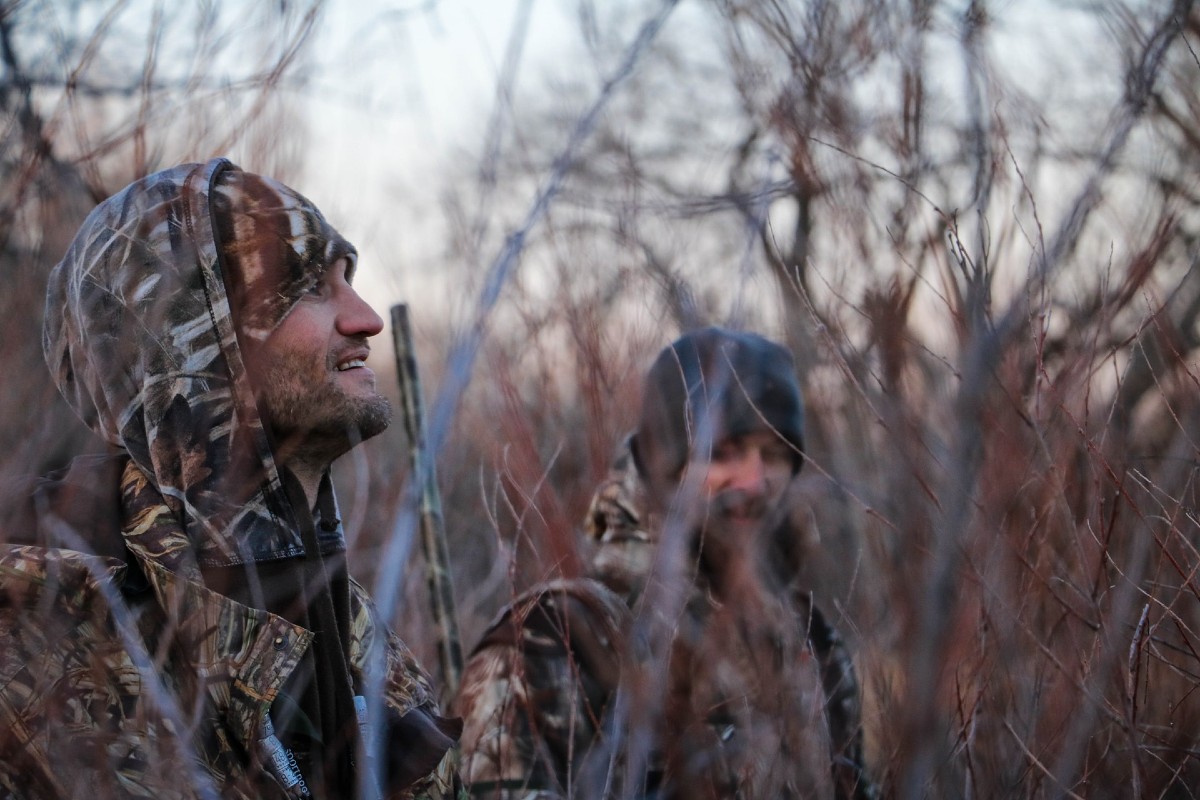
By Jay Keck, special to Statehouse Report | Any duck hunter knows the familiar comfort of the cool morning air and the quiet stillness of the water as the dawn light sparks the babbling of ducks arriving for the winter.

Duck hunting is a proud tradition for South Carolinians and something we look forward to all year! With the 2020-2021 waterfowl season closing at the end of last month, many will tell you things aren’t the same as they used to be. Hunters are particularly in tune with nature. When you go out day after day to spend time in nature and are surrounded by wildlife, you pick up on little changes from year to year that others may miss – migratory species showing up later and later, flowers blooming earlier and an increase of flooding changes our ecosystems. So what’s making things different now? The same thing that’s affecting so many other communities, ecological processes and habitats across the country: climate change.
Like many plants and animals, birds’ life cycles and behaviors are closely linked with the changing seasons. For ducks, geese and other migratory waterfowl, changes in weather as well as changes in day length help tell birds when they should begin their long flights southward in the fall and back northward in the spring. Temperature and precipitation affect the timing and availability of the food these birds need once they reach their final destinations. And year after year, they tend to follow relatively consistent patterns in their habitat ranges and migration timing.
But now, warming temperatures in the northern stretches of the Atlantic Flyway have upset the migratory process for ducks and other animals. Hunters like me have noticed that they simply don’t come south in the numbers they used to. Climate change is increasing the frequency and intensity of some natural disasters, including flooding. Sea level rise is causing changes to the wetland habitats as fresh and brackish marsh is replaced by less diverse salt marsh and open water. Loss of vegetation from these changes can also affect the ducks that depend on these areas for food while migrating and wintering on coastal waters.
As someone who has seen these shifts firsthand, it’s time for my fellow sportsmen and women to advocate on behalf of the wildlife we love. To help ducks adapt to the changing climate, we must protect the wetland habitats they rely on. Local governments should not allow developers to fill in wetlands and then build there. This not only destroys duck habitat, but also exacerbates flooding issues in surrounding areas. Long-term management plans are needed which take climate change into account and address resiliency if we want to improve the outlook for waterfowl in the future.
With the 117th Congress now beginning its work, addressing climate change impacts to our state’s wildlife legacy and our outdoor economy should be a top priority. We need our newly elected and re-elected leaders to deliver our message to Washington or risk seeing our most cherished traditions and the economic benefit that they bring vanish.
Keck, habitat education manager at the S.C. Wildlife Federation, is a South Carolina native who graduated from the College of Charleston. Have a comment? Send to: feedback@statehousereport.com.


